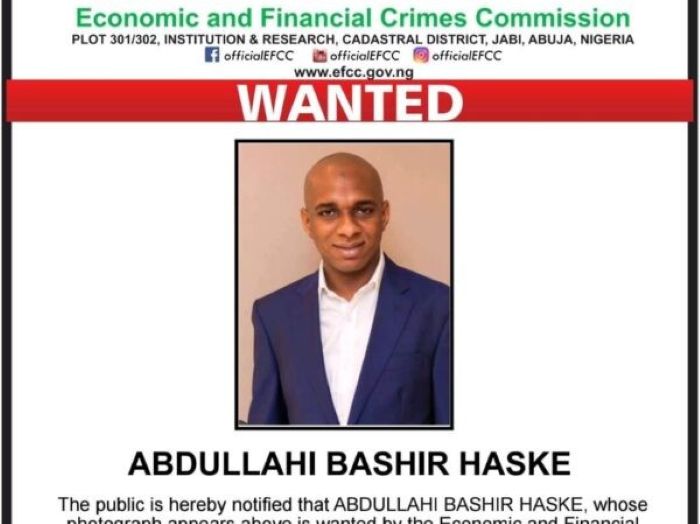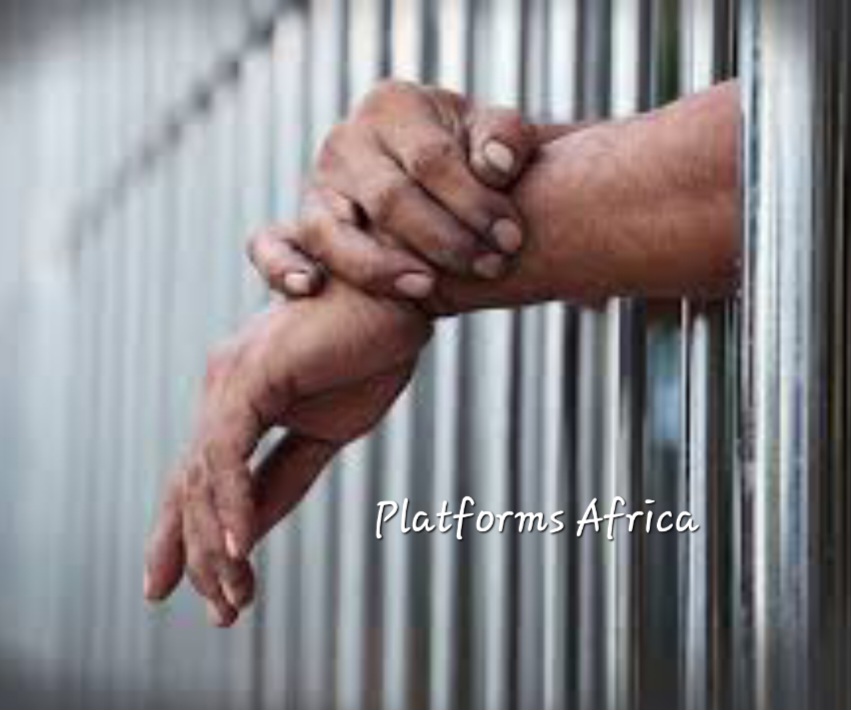In the past two years there have been coups in Mali, Chad, Guinea, Sudan, Tunisia, and recently Burkina Faso—many of which were navigating democratic transitions. This means nearly 20 percent of African countries have succumbed to coups since 2013.
Specifically, Africa experienced 82 coups between 1960 and 2000 contributing to the instability, corruption, human rights abuses, impunity, and poverty that characterized many African countries during that era.
Speaking at the weekly e-Discourse organised by leading Pan-Africa forum, Platforms Africa, Jonathan Offei-Ansah, political analyst and publisher of Africa Briefing Magazine said many West African countries remain politically weak and susceptible to sporadic lawlessness thus leading to the possibility of more coups.
“Democracy is yet to be internalised on the African continent. Most African armies are not adequately equipped to for the insurgency sweeping across the continent.
“From time to time, soldiers in various countries have mutinied over unpaid salaries and bonuses. Across the board, corruption and lack of investment in equipment and training is a perennial problem. In Nigeria, the military’s failure thus far to dislodge Boko Haram appears to owe more to internal decay than the actual capacity of the insurgents. ECOWAS leaders seem to realize that their own domestic situations make them vulnerable,” he says.
Speaking further, he said though he doubts the influence of western powers behind the coups, Russia is likely to take advantage and reestablish itself on the continent.
According to him, sanctions by ECOWAS appear to be having the opposite effect as protests against the sanctions, which even some critics of the junta criticise as draconian, has drawn tens of thousands into the streets.
“When ECOWAS ordered member states to close borders with Mali, Guinea said it would not comply, allowing continued access to the port of Conakry. The junta in Burkina Faso, which also borders Mali, has not yet said if it will do the same.
That is why ECOWAS has to tread with caution. The people are feeling the impact more. ECOWAS remained silent as sitting presidents maintained their grip on power by extending terms under what critics call “constitutional coups”. The grouping needs to be proactive rather than reactive.
It’s difficult dealing with a sovereign nation. Again, experience with Mali has shown that the citizens can turn against ECOWAS,” he says.
He therefore urged African governments to become less selfish and corrupt adding that economic growth has a lot to do with political stability.





